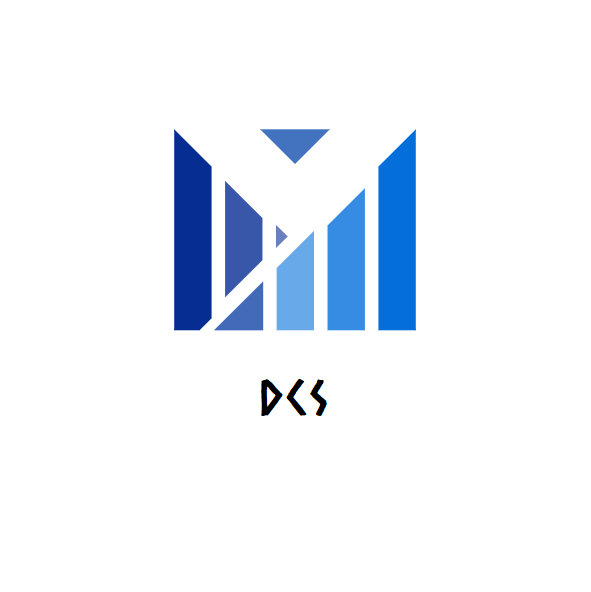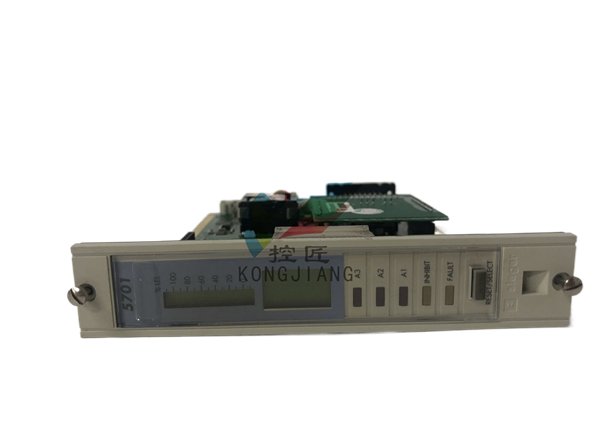KUKA KPC4 00-284-170

KUKA KPC4 00-284-170: Powering Modern Automation Engineering Solutions
The KUKA KPC4 00-284-170 represents a cutting-edge industrial module component designed for high-performance automation applications. As manufacturing processes become increasingly sophisticated, this controller delivers the precision and reliability needed for modern production environments.
Technical Specifications
Core System Parameters
- Controller Type: KPC4 compact controller
- Article Number: 00-284-170
- Processor Architecture: x86 multi-core technology
- Memory Capacity: 4GB DDR4 RAM (expandable)
- Storage: 32GB SSD with data backup functionality
Performance Characteristics
- Cycle Time: ≤ 2ms for standard applications
- Axis Capacity: Controls up to 36 servo axes simultaneously
- Communication Protocols: PROFINET, EtherCAT, EtherNet/IP
- I/O Capacity: Supports 1024 digital I/O points
- Safety Integration: SIL3/PLe safety certification
Environmental Specifications
- Operating Temperature: 0°C to +45°C
- Storage Temperature: -20°C to +60°C
- Humidity: 5% to 95% (non-condensing)
- Protection Class: IP20 (requires cabinet installation)
- Vibration Resistance: 5-19Hz: 3.5mm amplitude, 19-150Hz: 0.5g acceleration
Industrial Applications
The KUKA KPC4 00-284-170 specifications make this controller ideal for demanding automation engineering solutions across multiple industries. Manufacturers particularly value its robust architecture for automotive assembly lines, where it coordinates complex welding and material handling operations.
Furthermore, aerospace companies implement this industrial module component for precision machining applications. Its high-speed processing capabilities ensure accurate tool path execution while maintaining strict quality standards.
System Integration Features
Beyond its impressive technical specifications, the KUKA KPC4 00-284-170 offers exceptional integration flexibility. The controller supports seamless connectivity with various industrial networks, enabling efficient data exchange with higher-level MES and ERP systems.
Additionally, the modular design allows for straightforward expansion as production requirements evolve. Maintenance teams appreciate the diagnostic tools that simplify troubleshooting, reducing downtime in critical manufacturing operations.
